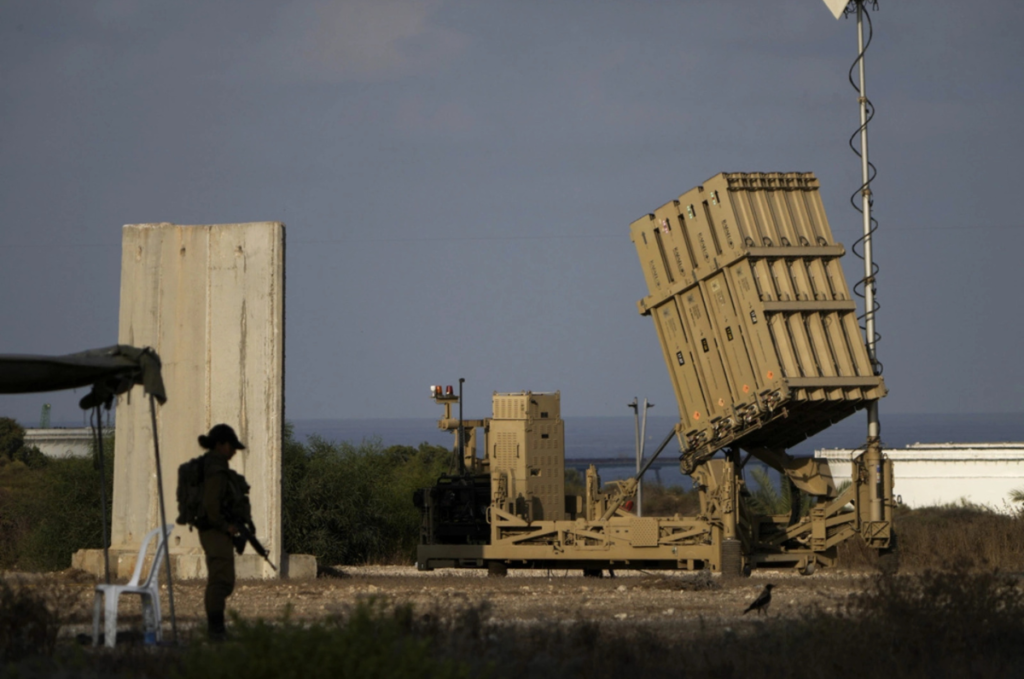Iran’s Diplomacy and Warnings Heighten Regional Tensions Amid Israeli Retaliation Threats

Iran has issued stern warnings to Gulf nations, particularly those hosting U.S. military bases, such as Saudi Arabia, the United Arab Emirates, and Qatar, urging them not to allow their airspace or territories to be used for any strikes on Iranian soil. Two Gulf diplomats, speaking anonymously, confirmed the heightened concern among Arab states, noting that Iran’s warnings have focused on de-escalation but also carried the implicit threat of regional instability if such support is offered.
“The Gulf Cooperation Council wants no part in an open conflict between Israel and Iran,” said one diplomat, emphasizing that the priority for these nations is maintaining regional stability, particularly given the potential for oil facilities and other critical infrastructure to be targeted.
Amid this backdrop, Iranian President Masoud Pezeshkian and Foreign Minister Abbas Araghchi have been making diplomatic visits to neighboring countries to solidify regional support. Araghchi’s recent discussions with Saudi Arabia’s Crown Prince Mohammed bin Salman and other Gulf leaders have been focused on urging restraint from all parties involved, including the United States, whose military presence in the region could draw it into any broader conflict.
Meanwhile, Israel continues to prepare for its response, with Defense Minister Yoav Gallant signaling that Israel’s retaliation will be “precise and decisive,” although the exact timing and nature of the strike remain undisclosed. Israeli Prime Minister Benjamin Netanyahu has been in close contact with U.S. President Joe Biden, discussing the next steps, though Biden has urged caution, particularly concerning any attacks on Iran’s nuclear facilities or oil infrastructure.
Russia has also entered the fray, with Pezeshkian meeting Russian President Vladimir Putin in Ashgabat to discuss the unfolding situation. Russia, a key player in the region, has warned against any escalation that could draw in larger powers or destabilize the energy market, further complicating an already delicate balance of power.
The coming days will be critical as Israel decides how to proceed, and regional players work to avoid being caught in the crossfire of a potentially devastating conflict. With diplomatic efforts underway and military preparations in place, the Middle East faces an uncertain and tense period ahead.
